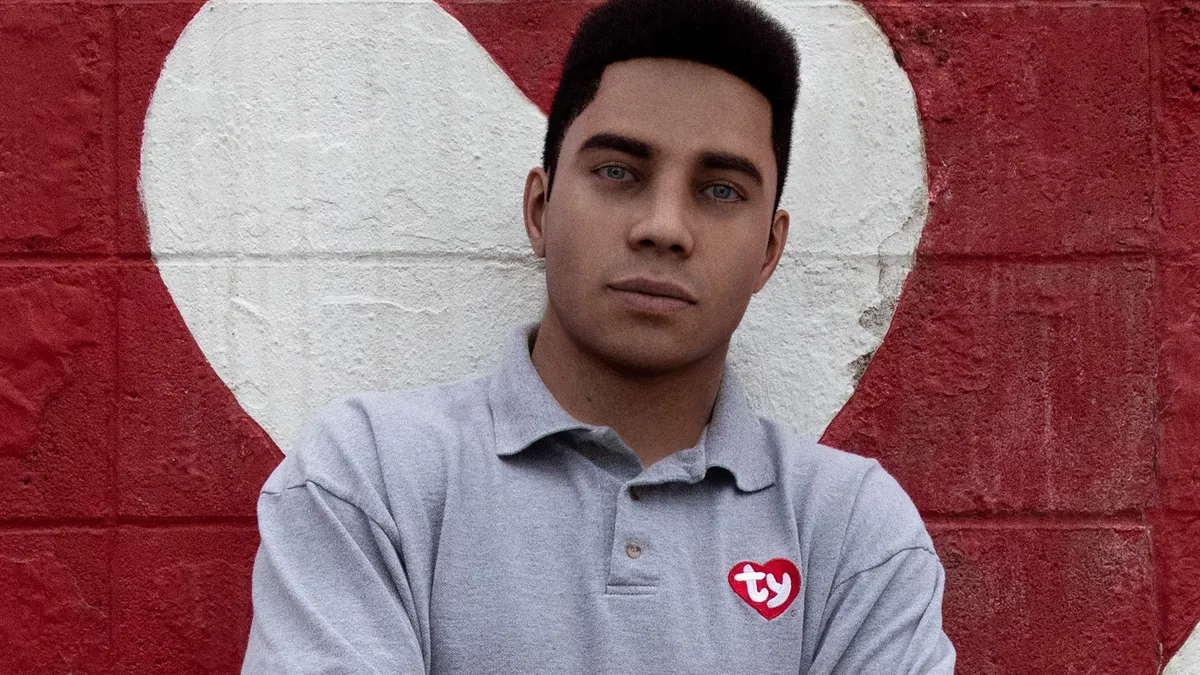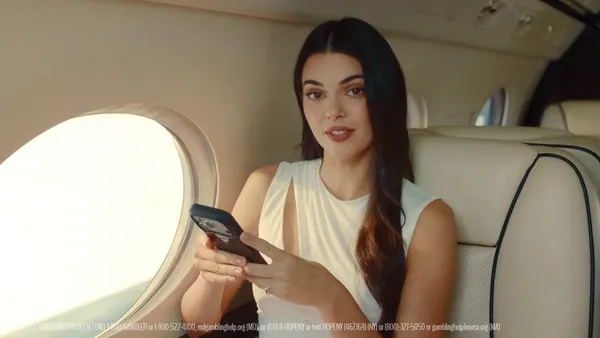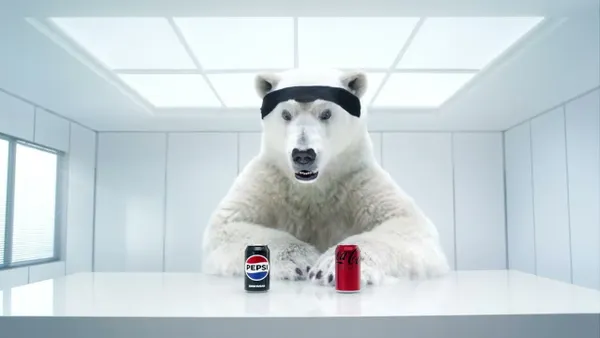Brief:
- The World Health Organization (WHO) teamed up with a virtual influencer to raise awareness of how people can help to stop the spread of COVID-19, the respiratory illness caused by the novel coronavirus. The U.N.-backed agency enlisted computer-generated influencer Knox Frost in its fundraising campaign for the COVID-19 Solidarity Response Fund, per an announcement shared with Mobile Marketer.
- Influencer marketing and social data firm Influential collaborated with WHO on the campaign that features Frost, a digital rendition of a 20-year-old male who lives in Atlanta and provides advice about overcoming anxiety and loneliness. His Instagram account, which has 1.1 million followers, depicts his explorations of his hometown as he supports his fans, per the announcement.
- "I've partnered with @WHO to combat corona," Knox announced in an Instagram post. "Let's show them younger generations are in this fight, too." The post includes a link to the COVID-19 Solidarity Response Fund, which accepts donations of $25 or more, per its website.
Insight:
WHO's campaign for its COVID-19 relief fund is notable for featuring a virtual influencer as the computer-generated personalities gain greater attention on social media platforms like Instagram. Knox Frost, whose account often provides advice on personal empowerment and mental health, can be an effective spokesperson for WHO as it seeks to reach younger audiences who rely on social media to connect with friends and family, and who may be flouting its recommendations on social distancing to suppress the spread of the coronavirus.
"As we've all seen in the media, Gen Z and Millennials need to take this to heart. Having a voice like Knox's will certainly raise awareness, reinforce COVID-19 best practices, and drive donations for WHO. In the era of social distancing, virtual influencers are quickly emerging as an innovative new part of the influencer landscape," Influential's CEO, Ryan Detert, said in a statement.
Virtual influencers have gained greater attention in the past couple of years, and have been seen as a brand-safe alternative to human influencers. The roster of virtual influencers includes Lil Miquela, a singer and model who has 2.1 million followers on Instagram, and has appeared in ads for Calvin Klein and Prada. The influencer industry also has invited satire, as seen with KFC's campaign last year that included a Virtual Influencer Colonel who appeared on the fast-food chain's Instagram account.
WHO's influencer marketing effort comes as more brands rely on the strategy to reach younger audiences whose media consumption has shifted to mobile devices and social media from traditional marketing channels like TV and print. Influencer marketing also helps brands to reach the 25% of U.S. internet users who use ad blockers to avoid ad banners that may slow download times on mobile devices, per research published in Harvard Business Review. Instagram is especially popular for influencer marketing, with more than 68% of advertisers saying they rely on the image-sharing app for their campaigns, followed by Facebook (51%), per influencer marketing firm Linqia.













